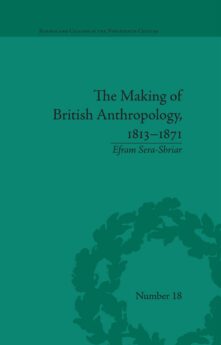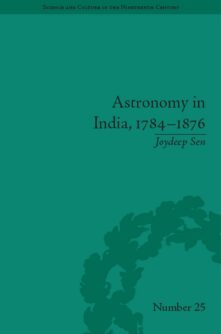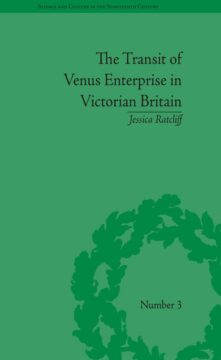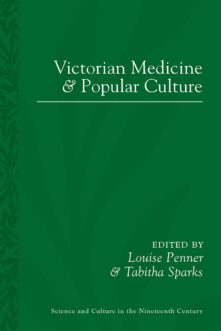Books
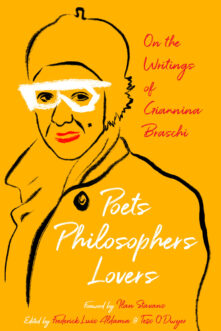

Poets, Philosophers, Lovers
On the Writings of Giannina Braschi
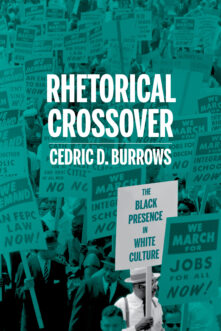

Rhetorical Crossover
The Black Presence in White Culture
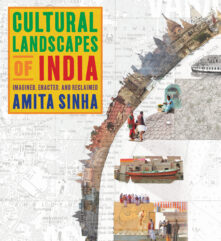

Cultural Landscapes of India
Imagined, Enacted, and Reclaimed
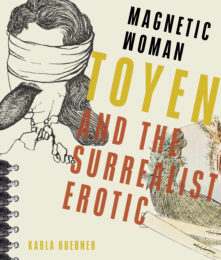

Magnetic Woman
Toyen and the Surrealist Erotic
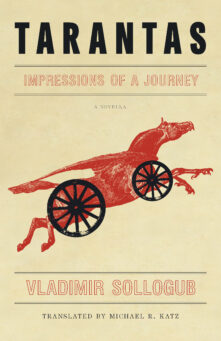

Tarantas
Impressions of a Journey
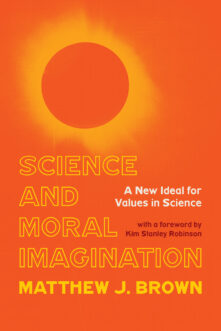

Science and Moral Imagination
A New Ideal for Values in Science
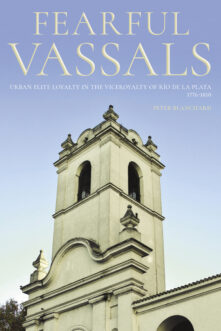

Fearful Vassals
Urban Elite Loyalty in the Viceroyalty of Río de la Plata, 1776-1810
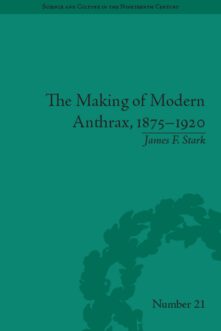

The Making of Modern Anthrax, 1875-1920
Uniting Local, National and Global Histories of Disease
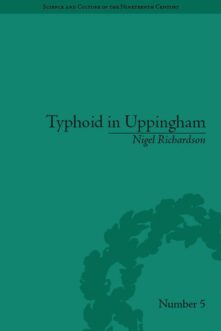

Typhoid in Uppingham
Analysis of a Victorian Town and School in Crisis, 1875–1877
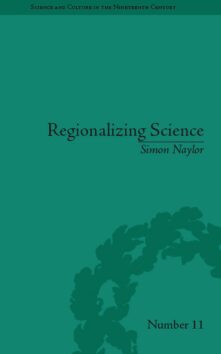

Regionalizing Science
Placing Knowledges in Victorian England
Total 1538 results found.


